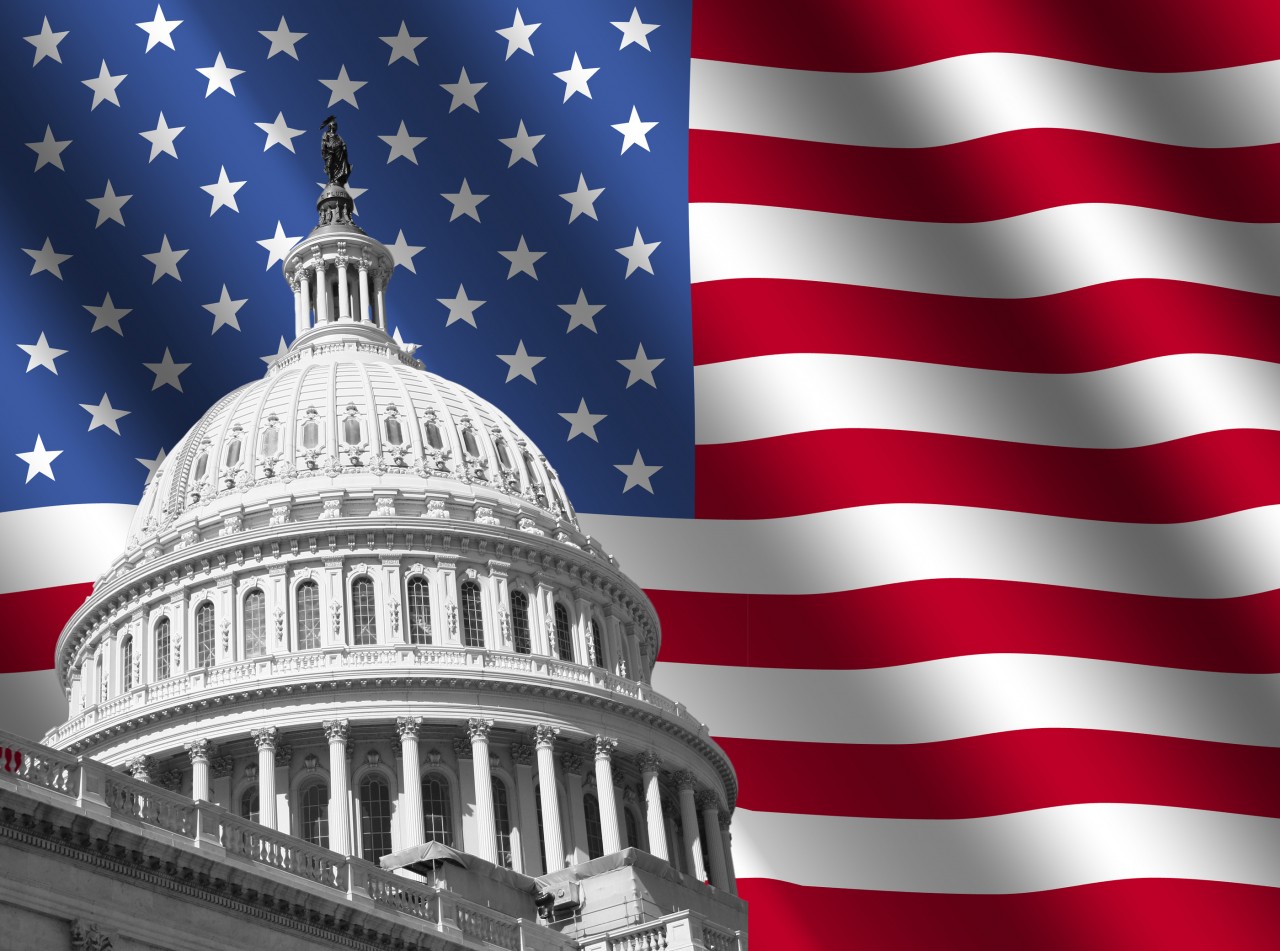The COVID-19 (“Coronavirus”) pandemic, and the social and legal response, is having major effects on the economy. It also could greatly affect the local churches financial future.
That is why, in response to the financial crisis created by the COVID-19 (“Coronavirus”) pandemic, the United States Congress recently passed two laws aimed to provide relief. Both laws were signed by President Trump; one of which is the “CARES Act” that offers potential payroll financial relief to churches who wish to pursue it.
The “CARES Act,” which should have significant financial impact on many churches and church staff, gives churches financial resources for maintaining and paying staff during 2020. Churches will be able to access one of two primary options for continuing to keep paying staff in 2020.
Before I discuss those two, it is worth noting these are optional. As GuideStone President O.S. Hawkins said, “Churches and pastors have options available to them depending on their own situations and convictions. While we would never tell a pastor what he must do, it is good that the options are available for pastors and churches who may wish to avail themselves of the options available through this legislation.”
Option 1: Payroll tax credit
There are two aspects of the CARES Act that I want to highlight. First is, churches with fewer than 100 employees will be able to claim a payroll tax credit for up to $5,000 per employee per year. This credit is available for wages paid from March 13, 2020, to December 31, 2020. At oklahomabaptists.org/CARES, we have published an Issues Explainer that gives the details surrounding this option.
The credit is determined by multiplying 50 percent times the first $10,000 of employee compensation per employee. Employee compensation includes both wages, employer retirement contributions and premiums for group health insurance. There is no total maximum payroll credit, only the $5,000 per employee credit maximum. This credit is claimed against employer payroll tax obligations. If the payroll tax credit under the CARES Act exceeds to the employer’s payroll tax obligation, the federal government will issue a refund to the church.
Option 2: Payroll Protection Loan option
As an alternative to the payroll tax credit, churches can apply for a Payroll Protection Loan. Payroll Protection Loans are designed to be forgiven if the employer uses the proceeds of the loan for paying and maintaining staffing levels. The proceeds of the loan can also be used to pay rent, utilities and mortgage interest. The proceeds must be used for these eligible expenses within eight weeks of the loan. If the church is able to demonstrate the use of the loan proceeds for the stated purposes of the loan, the church will be forgiven the loan principal. Any part of the loan proceeds not used for these eligible items within eight weeks of the date of the loan will be converted to a loan with a term not to exceed 10 years or more than four percent interest rate.
How to apply for a Payroll Protection Loan
Churches can apply for a Payroll Protection Loan at their local participating Small Business Administration loan participating bank. For the loan, churches will be required to attest the COVID-19 virus has negatively impacted their business. The church will also be required to provide documentation as to the church’s average monthly compensation.
Churches that seek financial resources available to them through the CARES Act will want to compare the benefits of the two alternatives: the payroll tax credit and the Payroll Protection Loan.
If a church will be seeking forgiveness of the Payroll Protection Loan, the church will not be able to participate in the payroll tax credit for staff compensation. There are many other fiscal issues, including information about unemployment, that we have addressed at oklahomabaptists.org/CARES.
If you need assistance with tax filings to claim the payroll tax credit for wages or for paid sick leave provided under the FFCRA, contact your tax professional. Norma Woodard and her son, Scott Woodard, are also available to assist with tax filings. Churches asking tax professionals to file tax credit paperwork should expect to incur additional fees. You can reach Norma Woodard at eagleviewn@cox.net or 405/761-4080.
For Further Reading
GuideStone Financial Resources summary of the CARES Act
SBC Q&A with Guidestone expert—The CARES Act and Your Church
Summary of the CARES Act from CPA firm Capin Crouse
EDITOR’S NOTE: Rules and guidance on these issues are still being developed by government authorities. Oklahoma Baptists does not provide tax, accounting or legal advice.




